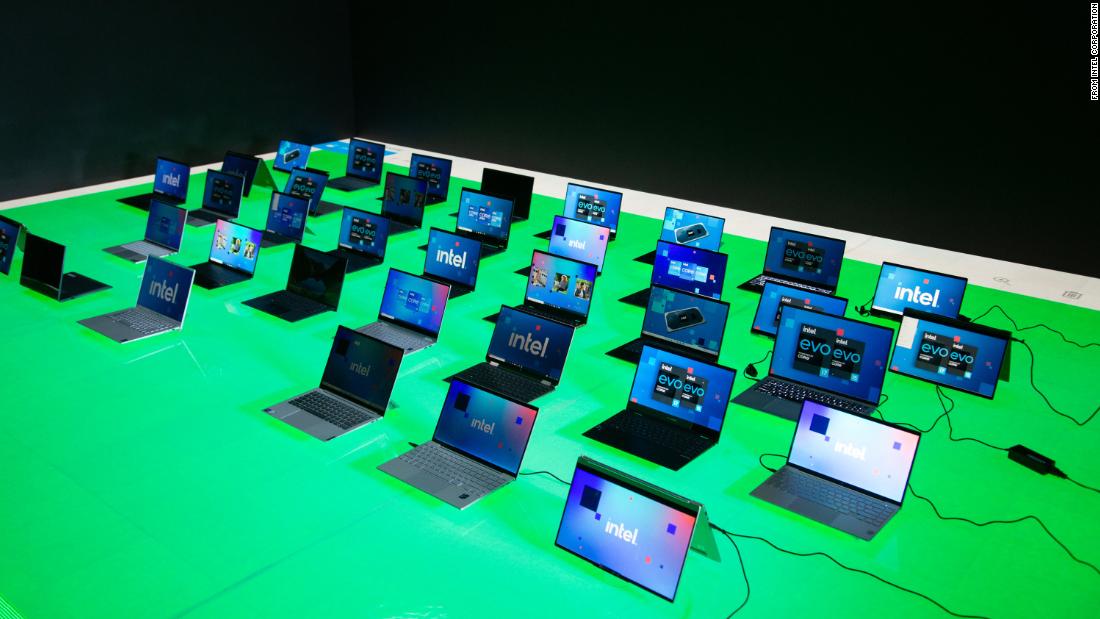Chip makers Intel, AMD and Nvidia took the virtual stage at this week’s trade show to reveal their new processors that promise to improve the appearance of graphics, load faster and improve computer performance.
“Our relationship with technology has fundamentally changed,” said AMD CEO Lisa Su, during a speech on Tuesday. “The pandemic has elevated technology to become an essential part of how we live, work, play and communicate. And at the heart of all this technology is high-performance computing.”
Hardware companies Acer, Asus, Lenovo and others have introduced their connected computers and monitors that put the new chips to use.
For the Taiwanese company Acer, the pandemic did not hinder the launch of its new product line, including several new laptops and monitors. Similarly, Asus, also based in Taiwan, has announced a long line, from laptops to a projector and monitor.
“Because Taiwan was hardly affected [by the coronavirus pandemic] really, and this is our world headquarters, all product development is going very well, “said Acer Pan America President Gregg Prendergast.” Our factories are all in China … they were a little irregular in the second quarter, but have been quite operational since June. “
Acer has a significant business in education, providing Chromebooks for students and on laptops and game monitors. Traditionally, the brand has attracted PC players, but is gradually expanding to console players as well, offering a new screen that supports games on the new PlayStation 5 or Xbox Series X with optimized graphics.
“It depends on how some of these products perform. If they start to get sticky and sell well, we will certainly expand the portfolio for sure, ”said Prendergast.
Intel debuted new computer processors on Monday, including 11th generation Intel gaming chips.
Intel told CNN Business on a call last week that Apple’s decision frees the chip maker to “find out how we can get out and compete against those [Apple] products. “Intel said it will focus on providing the best experiences on Windows, Chrome and Linux, while competing with Mac products.
